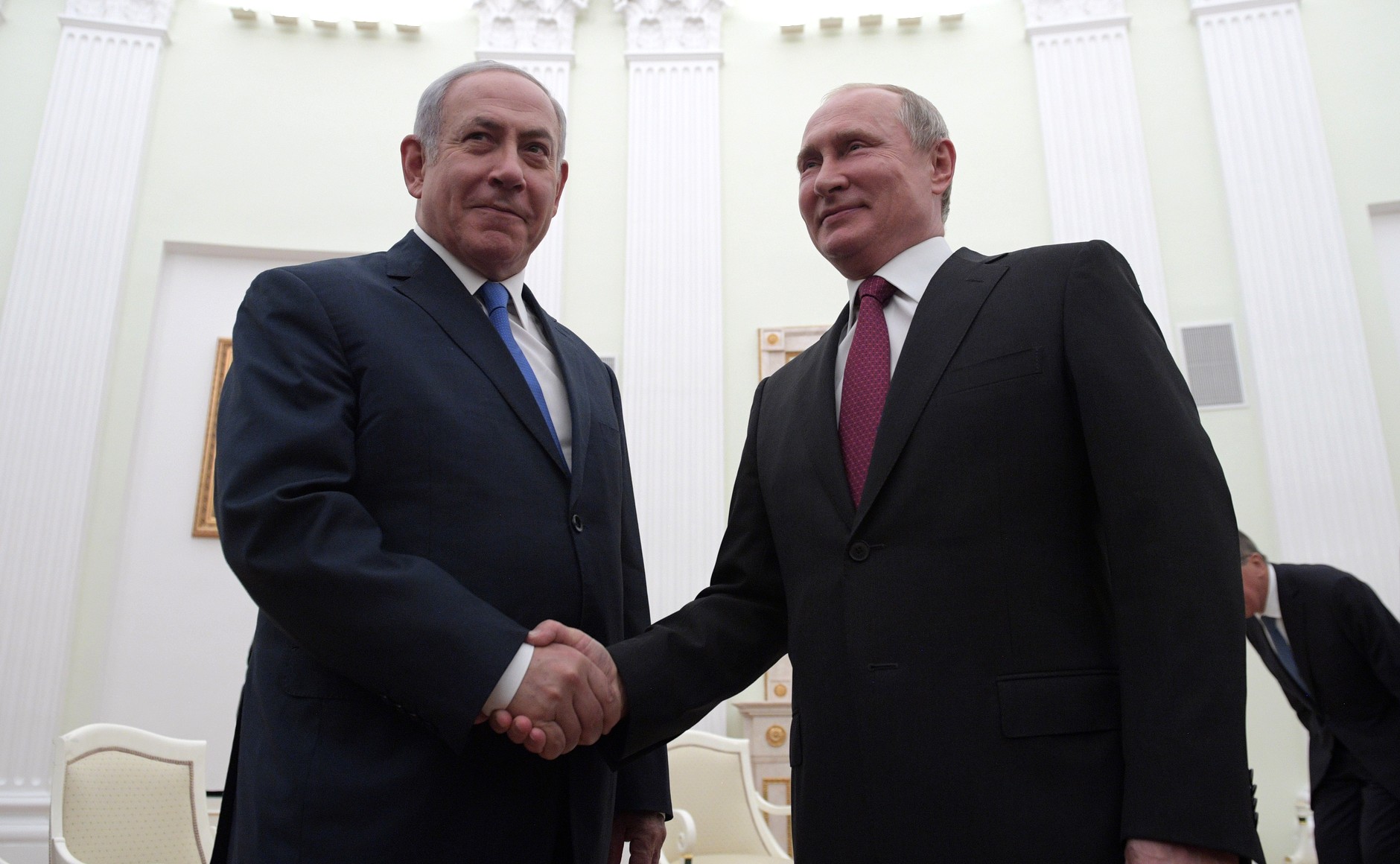A cartoon in Ha’aretz (January 14) shows Vladimir Putin, the president of Russia, in a room with his cyber hackers. One of them asks his president something to the effect: “Are we on the side of the Hasidim or the Litvaks (who normally oppose the Hasidim) in the next Israeli elections?” The two ultra-Orthodox factions who adhere to different versions of Judaism, but who had previously formed one political party for reasons of expediency, have decided to split this time.
Behind the cartoon is the received wisdom that the Russian cyber teams are already, or will be soon, interfering in the Israeli elections next April. They have meddled in many other countries before, notably, of course, the United States.
President Trump is suspected to have colluded with the Russians in the belief that they were on his side. Putin seems to favor right-wing leaders in the West. Which may also explain why Prime Minister Netanyahu is said by his adversaries not to be very troubled by the prospect of Russian interference in Israel.
Cyber technology has made it possible to fight wars by other means. People sitting at their desks in front of computers appear to do a better job without endangering their own lives or physically disposing of enemies. The question is, of course, if people on the other side sitting in front of their computers can defend their country, perhaps even counterattack.
And we now have the added spectacle that some would-be defenders have an interest to “lose” in order to win parliamentary seats at home. Crazy, isn’t it?
The hackers may end up confused. Several political parties here have split up. In addition to the ultra-Orthodox mentioned above, I’ve in the past referred to the ugly spectacle of Avi Gabbay, the leader of the Labour Party, publicly divorcing Tzipi Livni whose party partnered with Labour in The Zionist Union. And as also reported, the United Arab List seems also to have been dissolved.
Several new parties have been formed, alas. Not only people living abroad but apparently also potential voters in Israel are confused. Less to ease their confusion than to make gains for themselves, some of the divorcees as well as the divorced are trying to prevent failing to get the required minimum of votes to get any seats at all in the next Knesset, by negotiating with potential new partners.
The great hope is that several of the centrist political parties will get together to form a block that could get enough mandates to form the next government. However, this may be only wishful thinking by those who hope/believe that the Likud party led by Netanyahu can be defeated.
Part of their hope is, of course, linked to the anticipated indictment for corruption and related charges against the prime minister before the elections. However, his fans in the government – or perhaps stooges – have already said that neither a possible indictment nor even a trial should stop Netanyahu from leading his party into the elections and thereafter forming a government.
Everything seems to be connected to the elections, including the prime minister bragging about how often Israel has attacked Iranians in Syria as well as reports about Israeli successes in unearthing enemy tunnels on Israeli soil. These elections aren’t going to be just elections.
Republished from San Diego Jewish World


























